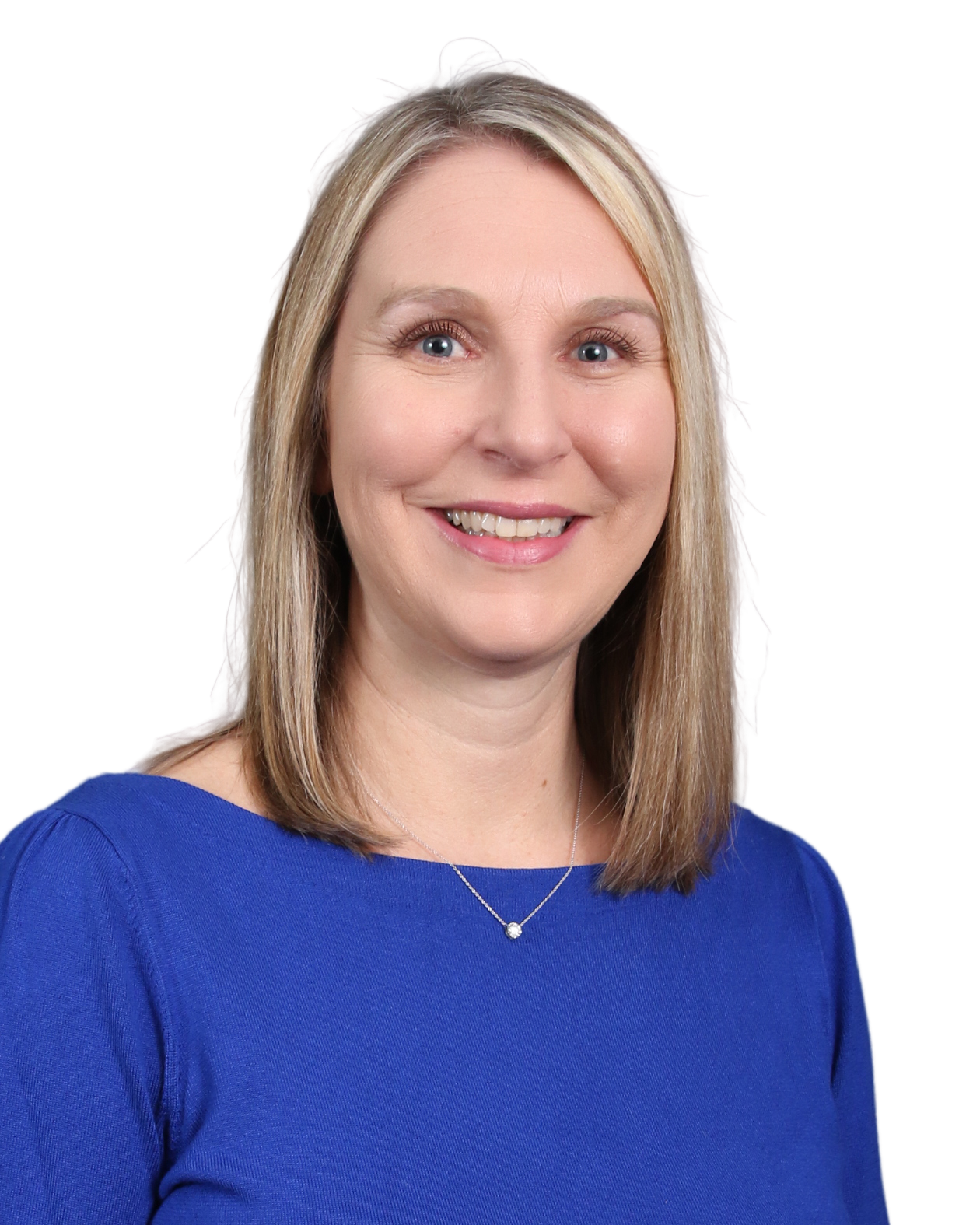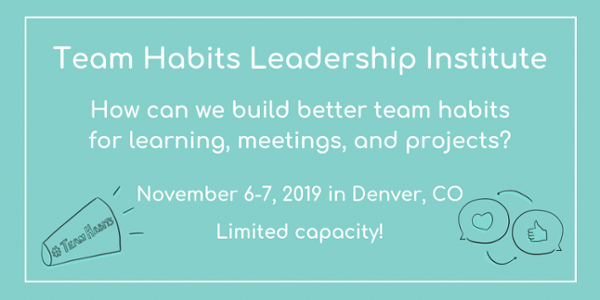How does professional development get labeled in your school or organization? Too often, I hear: boring, unproductive, compliance-driven, not based on my needs or interests.
Research on professional development shows that the “drive-by” workshop model does not meet the needs of teachers. No two people learn the same way, though many leaders do not change the way they provide instruction for professional development. Just like education should be personalized for students, professional learning should be personalized for adults. Effective professional development or learning (semantics to me) needs to improve educators’ professional knowledge, competence, skill, and effectiveness. No matter if you are a teacher, school leader or district leader, below you will find ways you can reframe professional learning in your school or district.
Related Resource: For initial steps to planning personalized development workshops, check out The New “PD”: How Shifting from Professional to Personalized Development Will Improve Your Workshops, or learn more about Professional Development and Support.
Reframing Professional Learning for Teachers
- Professional Learning Communities: Take advantage of your professional learning communities (PLC) during your common planning time. Highly successful schools have strong PLCs as they are a great way to help improve teacher practices and increase student learning. PLCs ensure equity of resources for students and redesign learning to accommodate the student's needs.
- Conferences: Conferences are a great way to present what you know and what is working in the classroom. There are hundreds of conferences a year from local to state to national. Take conferences a step further by presenting what you learned to your peers.
Reframing Professional Learning for School Leaders
- Staff Meetings: Change up what the staff meeting looks like by sending any information you need to get to staff in an email or newsletter. Use the staff meeting to highlight what the staff is doing well by having them present through an ignite style presentation to their peers. Each staff member will walk away with new ideas from their peers.
- Choice: Creating a choice board for professional learning opportunity allows teachers to see what choice boards by interest could look like in the classroom. Provide teachers with three to four options based on what the school goals are. For example, if your school goal is to increase literacy scores, then offer a choice of Guided Reading, Interactive Read Alouds, Workshops, and Student-Led Conferences.
- Innovate Time: One Principal came up with “Innovate Time” as a way to offer professional learning opportunities based on a problem he was hearing from his teachers. He often heard, “We don’t have time to try XYZ.” He decided to make time by offering to go into their classroom and teach three 45-60 minute lessons (on three separate days). Throughout the three visits, the teacher met with an instructional coach so they would have support. During visit one they would research the idea the teacher wanted to implement, such as gamifying their classroom. On the second visit, they came up with an implementation plan, while the third visit was after they implemented their plan to reflect on what worked and what didn’t.
- Genius Hour: One of the best ways to motivate students and adults is through providing ownership; teacher Genius Hour does just that! Based on Google’s 80/20 theory, teachers engage in 80% of the professional development offered but the other 20%, they can decide on something they are interested in and create their own professional learning experience. It can be a book study, a case study, or solving a problem of practice. Each teacher gets their own action plan, with check-in meetings just like students would get during Genius Hour in the classroom.
Reframing Professional Learning for District Leaders
- Job-Embedded: A great way district leaders can provide personalized professional development is through job-embedded coaching. This process allows educators to go into schools or classrooms and provide them with real-time feedback and action steps based on where they are in their teaching craft.
- Targeted Instruction: Just like we want teachers to provide students with targeted instruction by using data, we should also be modeling this best practice in professional learning sessions. Providing pre-assessment or self-assessment allows educators to meet the needs of the learner. For example, if the professional development workshop is on Morning Meeting, there are learners in the room at different levels for this concept. Some learners may have never heard of or implemented morning meeting before, while others may have just started implementing it, while other learners have been implementing it for years but have not tried student-led morning meetings. These three groups would need very different direct instruction to meet their needs. Providing a pre-assessment would help guide those sessions.
- Problem of Practice: Identifying a problem of practice helps educators resolve an issue they are having in their craft. Allowing educators to say what their pain points are and giving them opportunities to learn from that problem will help improve the educator.
- Micro-credentialing: Micro-credentialing recognizes educators for the skills learned to build learning experiences for their students. The perks of micro-credentialing include the ability to have choice, pace, and personal growth needs met. School districts can use micro-credentialing to provide incentives for educators to deepen their knowledge and build a talent pool.
Deeper Dive: Learn about the core qualities of innovative leaders across schools and districts, and how to develop these competencies in teachers, coaches, school leaders, and district leaders in our Ultimate Guide to Innovative Leadership.
“Without continual growth and progress, such words as improvement, achievement, and success have no meaning.” Benjamin Franklin. I would love to hear how you have reframed professional learning; Tweet me @edu_thompson or join the conversation in the comments.
Need help building new habits into your team's processes? Check out The NEW Team Habits releasing later this month, and join the Virtual Book Launch Party to see what the book can do for your team. We're also hosting the Team Habits Leadership Institute in Denver, CO, which is the perfect opportunity to attend with you and your team, and take away practices that will create lasting change in your school or district.
Related Resources





